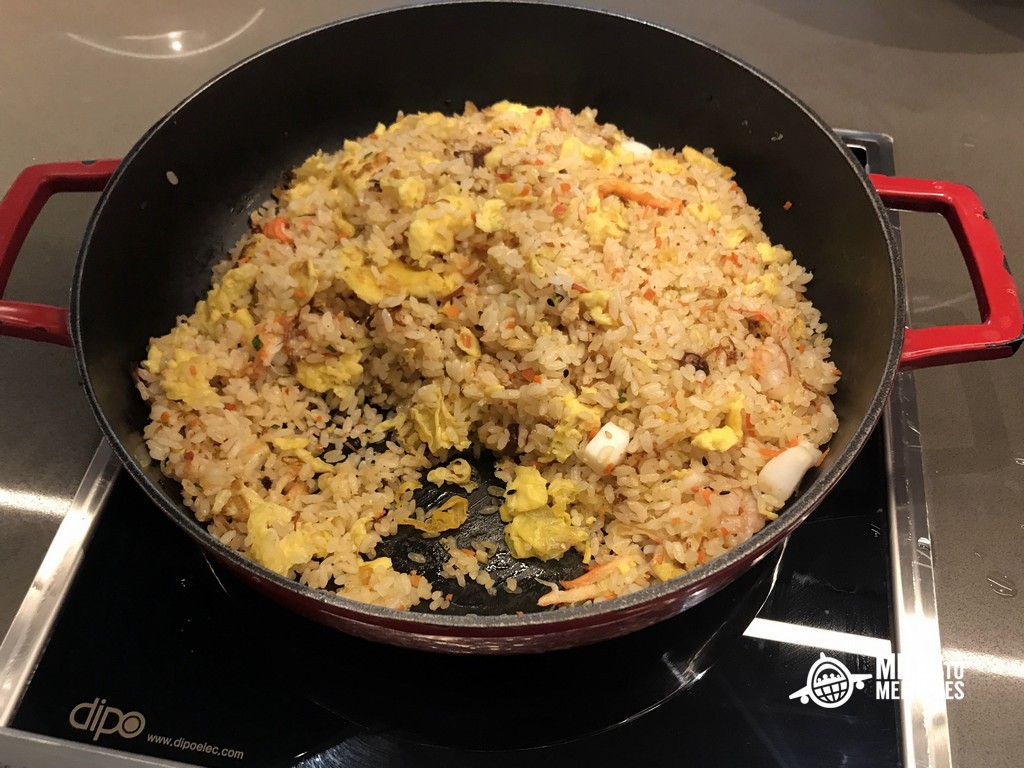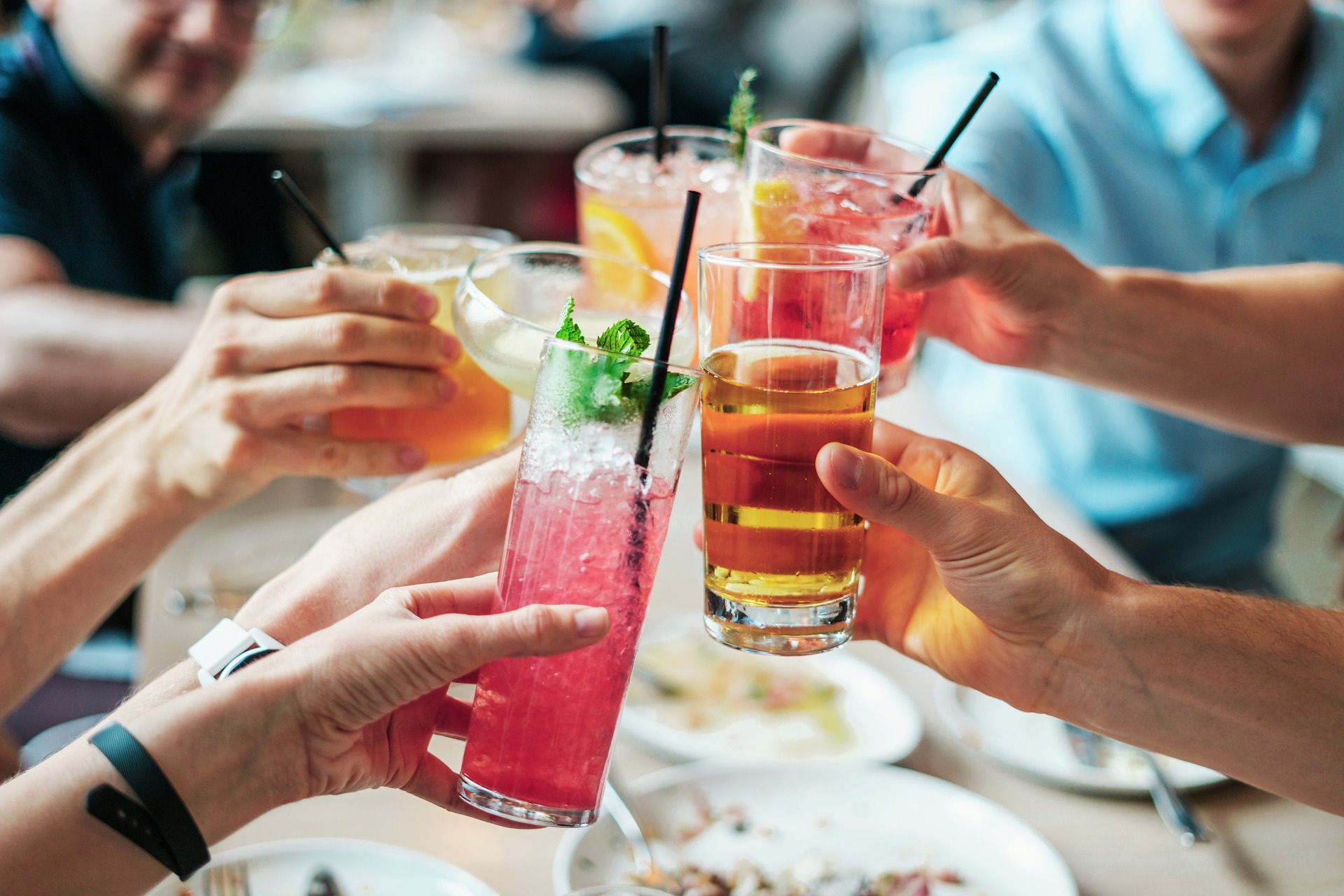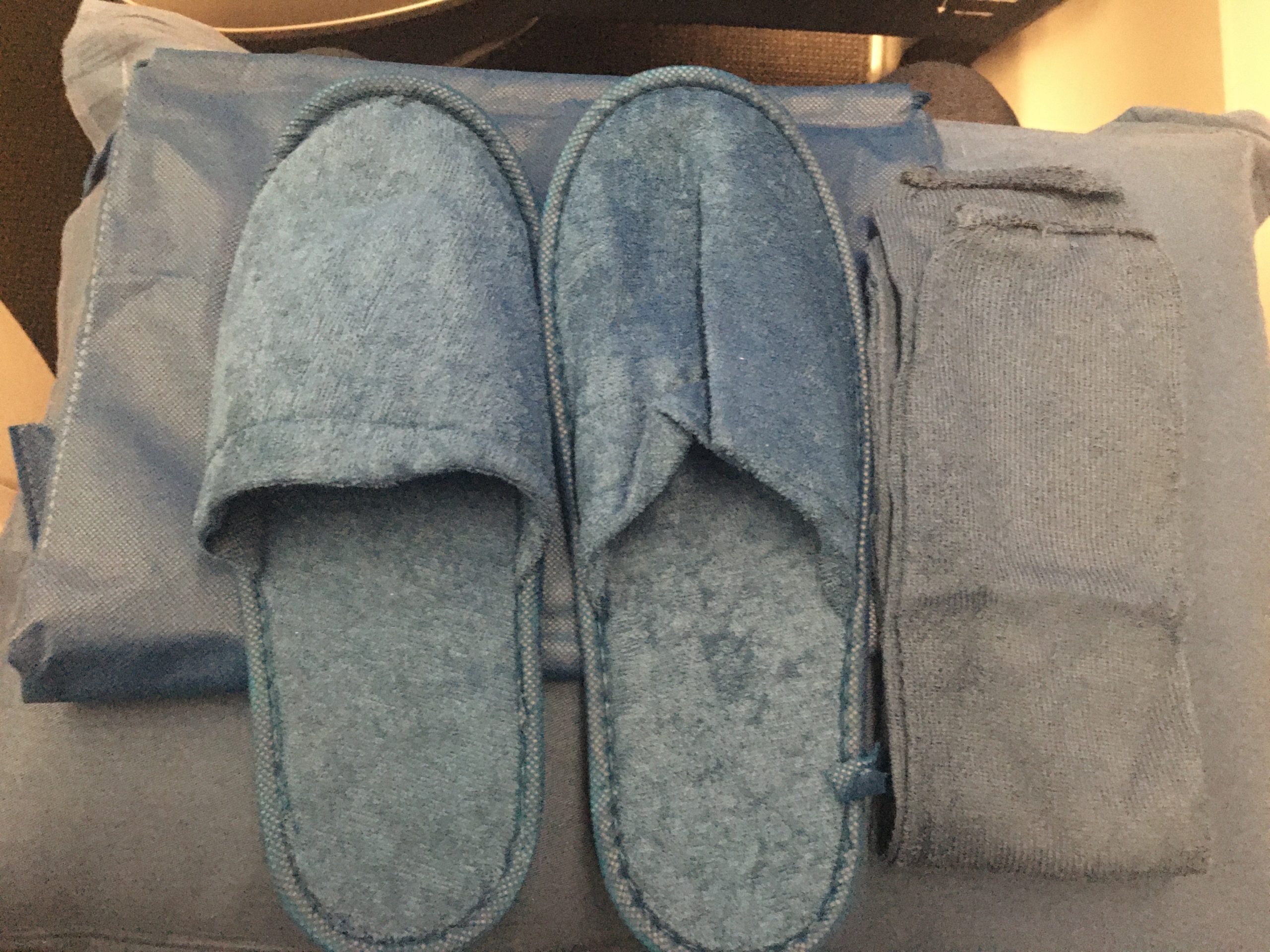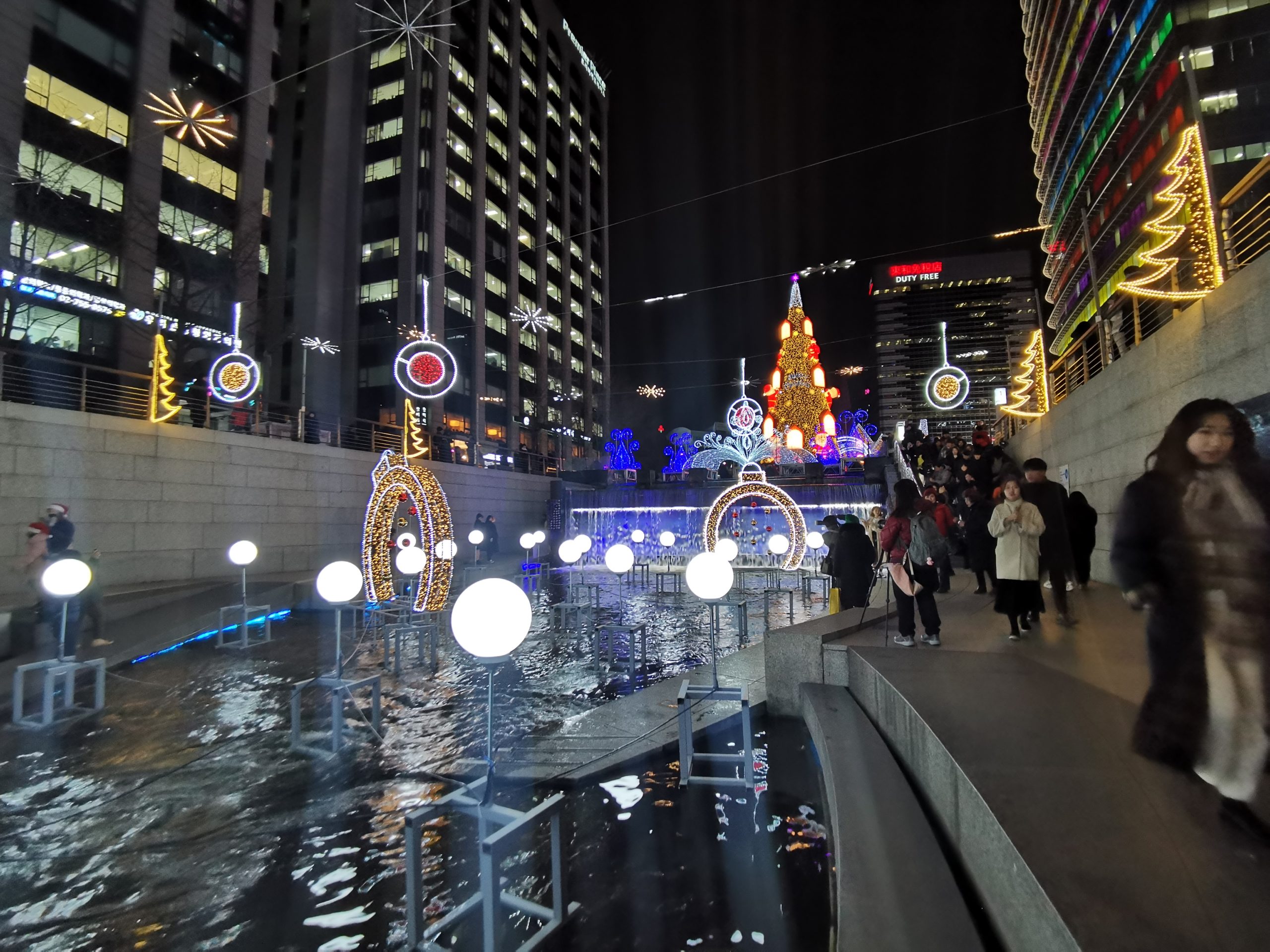Common Mistakes When Visiting Korea
As a tourist, it’s easy to fall victim to these common mistakes when visiting Korea for the first time. Well, had a read of this list to help prepare you for a bit of a culture shock when travelling to South Korea!
Update 4/3/22: With South Korea reopening without quarantine for vaccinated travelers I figured we should repost this.
DON’T Sit There! Elderly seats on Subways
In Korea, like in Japan, there are designated seats on the subway for elderly, sick, or pregnant people. You might think it’s a good idea to sit in one if no one is around you think needs your help. You’d be wrong. Don’t sit there when no one is around, and don’t even sit there when the train is 100% full.
They’re usually clearly marked in Korean and English, but if there is no English, it’s also pretty simple to see and understand the signage.

DON’T Stick Your Chopsticks in Rice
Not polite in most Asian countries, it is a common Korean mistake. Sticking your chopsticks in rice may seem like a great place to rest them. But resist. Place them on the side of the plate, instead. Sticking them in rice, or indeed in any food, has connotations with death.
DON’T Write a Name in Red Ink
It’s very bad luck in Korea to write someone’s name in red ink, due to the superstitions that surround this. This dates back to previously when the names of deceased people were written in red ink on funeral banners and in family registers.
DON’T Refuse Soju
If you don’t drink alcohol, and stick by that for your entire time, then you could get away with it. But if you’re at a table drinking beer and someone pours you some soju; don’t refuse it. Even if you think it tastes like petrol.

DON’T Forget to Pour Drinks Properly
If you’re in a group and want to show some respect to the people you’re drinking with (maybe they’re colleagues or people older than you), then it would be polite to pour them a drink. Make sure to do this right, though! Hold the bottom of the bottle with one hand and pour with the other, pouring slowly.
Make sure to pour everyone else’s before your own (in fact, you shouldn’t pour your own at all!) And if you’re very careful, make sure to pour the eldest one’s first.
DON’T Face an Elder while Doing a Shot
Now all the drinks are poured, you need to be careful when taking the shot. Don’t look into the eye of the person who poured you the shot or an elder. Look to one side and hold your elbow and shoot your drink, then turn back and replace your glass on the table again.
Why?
Well, it shows respect.
DON’T Blow Your Nose in Public
While constantly sniffing might be considered rude in your culture, in Korea, and also Japan, sniffing constantly is MUCH better than blowing your nose in public, which is considered very rude. Excuse yourself to the bathroom, instead – or hold it in until you can.
DON’T Receive with One Hand
Like in Japan, it is impolite for you to take a gift or business card with one hand. Especially with business cards, you should use both hands and take it respectfully.
DON’T Talking Loudly on Public Transport
Or… Don’t talk loudly in general. You should be aware of your surroundings and respect those close. This also means no playing games, playing loud music, or making a call on the phone.
This is also a cultural faux-pas in Japan.
DON’T Wear Shoes In Someone’s House
When entering some buildings and ALL houses, you should remove your shoes before stepping onto the raised threshold and into the house. It’s very impolite to keep your shoes on inside.

DON’T Forget Socks
As mentioned before, you will often be required to take your shoes off or wear slippers. You don’t want to have to put your stinky bare feet into someone’s clean slippers, so best to always wear socks, or carry some with you.
With that in mind, it’s also a good to make sure you’re always wearing good socks, or no socks with holes in etc.
DON’T Rush to Call Someone their First Name
In Korea, it is polite to address someone by their last name. In fact, only closer friends call people by their first names. Someone’s second name actually comes first, so, for example, ‘Kim Jong Un’ – a name everyone knows – Kim is the second name, or family name (that’s why his father and grandfather are also called Kim). Jong Un is his given name, or first name.
You should also not presume everyone is called Kim. Sure, it’s a common surname. But common surnames are not limited to Korea only. Similar to ‘Smith’ or ‘Jones’ in the UK.
Instead, call someone you meet first with Mr. Or Mrs., and then their family name – e.g. Mr. Kim.
DON’T Rush To Eat
In Korea, it’s polite to wait for the eldest before eating. This is particularly true if you’re dining at someone’s house or with someone’s family.
DON’T Assume People Speak English
While learning English is becoming more relevant and important, especially with younger populations, this certainly doesn’t mean everyone in Korea speaks English. In fact, you’d probably be surprised with how few do. It’s best to learn some key phrases before you go, and make sure you have access to a translator on your phone or a dictionary.
Common Mistakes When Visiting Korea: A Final Note…
Of course, you are being introduced to so many new things in a culture. You may make some of these common mistakes when visiting Korea. Or even all of them! The main thing is that you try and make an effort to respect the rules of the society and culture.
Most importantly… Have fun!





Most of these seem to apply more to interacting with Korean families regardless of whether you are in Korea or in another country. The don’t eat too quickly point should probably be refined given that in general interactions – apart from formal settings or business interactions – people in Korea eat much faster than I do and certainly don’t linger when done. Most of the points around etiquette are accurate in our experience living in Korea but are followed more closely in rural areas than cities. Found Koreans to be among the most pragmatic culture in East Asia. Biggest tip: have access to google translate (preferably on a cool new phone) and if possible learn a few words of Korean. Acknowledging tradition is nice but making things even a little easier for other person will probably get you further.
Korean permanent resident here: it would be nice if they relax the mandatory 14-day electronically controlled quarantine someday. Even those who are vaccinated must do it, at their (considerable) expense, and a negative PCR test (no cheaper ones) are still required to enter, and they test you yet again three days after arriving. The only exception is for those who have been vaccinated in Korea, meaning that the majority of the world are discouraged from visiting Korea.
So, another mistake right now with regard to visiting Korea is to remember that you must have the funds to quarantine in the government facility (around $2K) before leaving. They have absolutely no plans to end this policy anytime soon.
Good basics, here are a couple more based on my years in the ROK:
– If you have a seat on the subway or bus and see an elderly person or a woman, you should get up and offer them your seat.
– When eating at a traditional restaurant where you cook your own food, the woman at the table will be expected to do that. They will get if you are a foreigner, but help out as you can.
– Expect to be judged on your outer experience. My wife is Asian and doesn’t speak Korean but as a White guy, I do. Koreans expect just the opposite. This is particularly hard on Koreans who were adopted as they will not view that as an excuse for not knowing the language.
Don’t assume that people speak English? Very correct. Assume that nobody speaks English. I visited Korea only once and that was for an approximately 8 am to 4 pm connection. So I left ICN and visited Seoul. It seemed like speaking English was about as common as speaking Haida or Ongota. Written English signs, yes, but spoken English, no.
FYI, Haida is a First Nations language. Ongota is a rare language in Ethiopia.
I’ve been to Korea a couple of times but still picked up some good tips. Is it possible to combine a couple of your pointers? For instance if you try soju and really do have problems with the taste, can you make it a point to always be the person doing the pouring so that your glass stays empty?
The reason I ask is that I like drinking but straight liquor triggers a regurgitation reflex so doing shots of soju could be tremendously embarrassing and brushing off their national drink would be uncouth. Thanks for any thought on the matter.
Being the one pouring won’t solve the problem, because someone will still pour for you. As noted in my earlier comment, my recommendation is to say you can’t drink at all, and perhaps ask for oolong tea. That’s what I do. But it does mean you can’t drink anything alcoholic.
As Rich noted, someone will pour for you so that wouldn’t solve things. I recommend as Rich mentioned, drink tea or some other juice and say you don’t drink alcohol. This is very accepted in Asian countries since many have an alcohol allergy – but, as Rich also noted, you have to stick to your guns. If you drink another form of alcohol then you’re likely to have soju pushed onto you later!
One of the few ways I have found to get out of the soju trap (especially as it tends to come after beer when you can’t pull the “I don’t drink” card. Use humility and flattery. Point out how useless you are at soju and how impressive their drinking ability is. This way offense is far less likely even if you get dismissed as a wimpy drinker.
These are all great tips. Foreigners, especially those who don’t look East Asian, shouldn’t worry too much about getting everything right, though–in Korea, as in much of Asia, if people have the sense that you are trying to be polite and respectful, they’ll cut you a lot of slack for being an ignorant foreigner.
I used to travel to East Asia a lot on business, and it was always hard to drink moderately in a business context. More and more drinks are always pushed on you. On one trip I was under doctor’s orders not to drink alcohol because of a GI issue, and when I said my doctor had forbidden me to drink alcohol, everyone respected that and I got kind sympathy but no pressure at all. On subsequent trips I just repeated that excuse even after it ceased to be true. I’d much rather drink nothing (and tell a harmless lie) than drink too much.
Helpful and interesting.